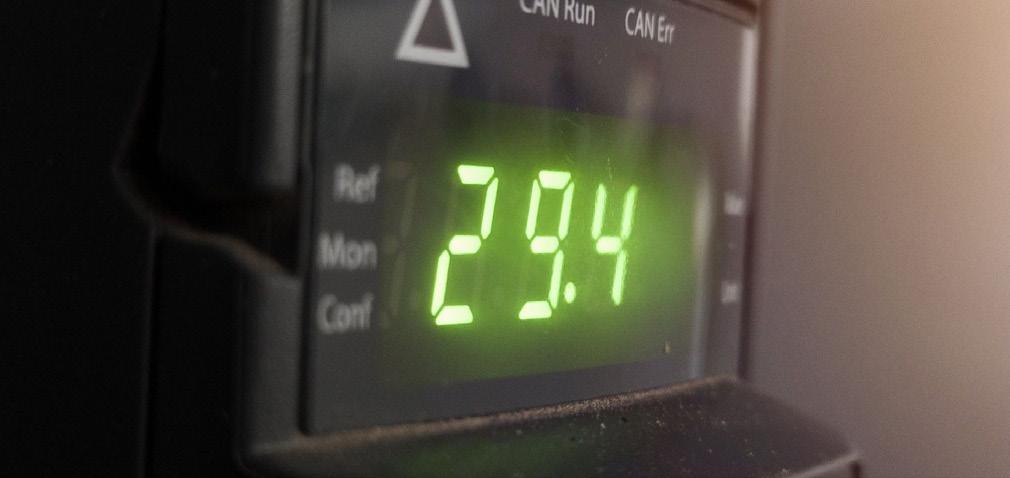
1 minute read
6. PUMP TESTING
by BPMA
This course is ideal for those who want to develop their knowledge and skills related to all aspects of pump performance testing. It is especially beneficial for individuals who are involved in the supply, maintenance, commissioning, and acceptance of new or rehabilitated pumping systems. Previous attendance of the Pumping Fundamentals course or a good understanding of pump basics is a prerequisite for this course.
Course Description
This course provides a comprehensive overview of the various factors that impact the accuracy and reliability of pump performance testing. Participants will learn about the different methods of testing (conventional or thermodynamic) and the standard test rigs that manufacturers may use. The course also covers the installation, limitations, and proper use of various measurement instruments, and how they affect the quality of the data collected.
Additionally, the course examines the different national and international standards enforced for performance testing. This confirms that professional engineers have the necessary skills to assess the performance of the unit. The course also includes group sessions and a worked example to reinforce learning.
AFTER THE COURSE STUDENTS WILL BE ABLE TO:
• Describe the range of common test methods used for each performance criteria
• Understand the standard procedures accepted for testing pump performance
• Describe the critical factors of NPSH required testing
• Understand pump efficiency derived from the temperature difference measured across a pump
• State the standards applicable to the verification of the guarantee
Key Topics
Test Methods
• Testing rotodynamic pumps and the standard performance rigs that are used to undertake the assessment
• Test methods
• Cavitation and NPSH
• The thermodynamic method
• Measurement inaccuracy
• Instrument accuracy
• Practical testing point









